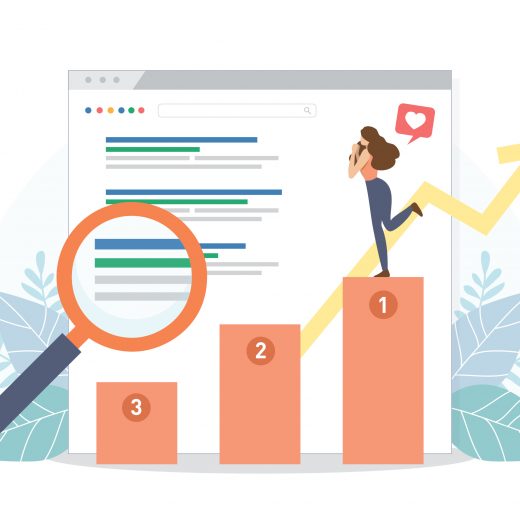What Do These Different SEO Terms Mean?

With too many references, terms and jargon to navigate it can be an ordeal to find out just what you’re after. Many clients ask us what these terms exactly mean, and we want to make sure you have all the knowledge before going ahead with something.
In the Analytics world there are many of these terms that can confuse us, which is where this guide comes in. We’re going to break down a lot of these terms for you so that you are fully aware of what they are and what they do ready for your next SEO meeting.
What is a cookie?
Other than all of us wishing we had one in front of us to eat right now, a cookie in online terms refers to a text file found on websites. These are going to soon be phased out on Google, and you won’t find them on browsers like Firefox, but they are useful for when we browse websites.
Cookies are primarily used to understand website traffic, and to provide personalised options in some cases. For example, if you’re a shopping site you may want to use cookies to keep products in a basket if a user leaves, or keep users logged in.
ROI – Return On Investment
A big metric marketers will use is ROI, especially in SEO and PPC. For those delivering ads this is a big factor in determining how much you get back for each customer.
This is divided by the amount of profit earned on an investment by the cost of the investment. It helps you work out if you’re getting more back than what you put in, and a good indicator of how much you need to spend to bring a new client on.
If you are spending a lot more than what you get back in earnings, this can spell problems later on. You should think about changing tactics if this is the case.
ROI is a huge metric for businesses because they’re able to see what is coming in each month and what methods aren’t as feasible. For example, SEO may only be a small cost each month compared to pay-per-click advertising, but it’s driving the most traffic to your site. Maybe then you would consider changing up your marketing strategy.
Attribution
This is a term you might see a lot when you use Google Analytics if you have a lot of different methods of marketing in place, like PPC and Social Media advertising.
When a conversion is made, you want to know where it came from. Did it come from an ad you set up, a link a website posted, social media, or through the search engine?
The attribution basically means you can assign the credit to whichever channel it came from – be it organic search, a paid for ad, or other means. This is a great feature to have set up if you have multiple marketing set ups in place.
Conversion
I touched upon it above, but a conversion is when a purchase has been made, or the client has signed an agreement with you and payment has been received.
This is going to be the biggest metric you’ll want to see, and will define your business’ growth.
And of course, the more conversions you have the greater revenue you will be producing, which in turn benefits your ROI. Using a range of marketing channels will help you improve your conversion level.
You will also see conversion rate, which is a percentage based on how many visits you have on a website or ad and how many users click through to make a purchase. The higher this percentage the better your numbers.
Final thoughts
Thinking about how to grow your business is key, but if you are struggling with the analytics involved then take a look through these terms. And if there are any other questions do feel free to get in touch with us directly about your marketing campaign.






